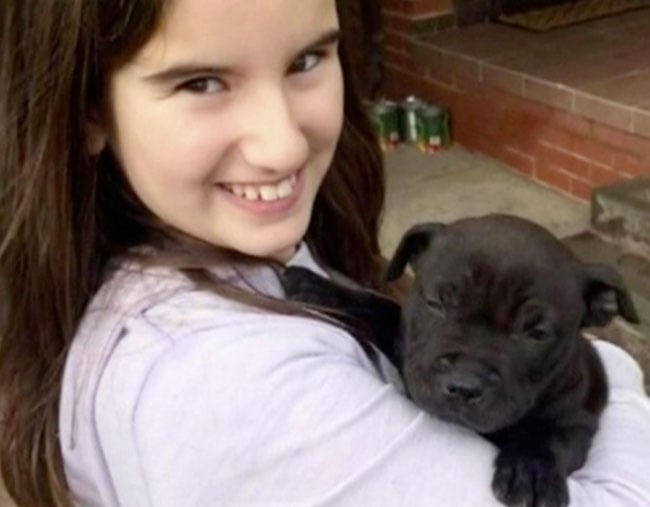
1. The never-before-seen confession of 11-year-old Zoe Buttigieg’s murderer: ‘It was like a bad movie.’
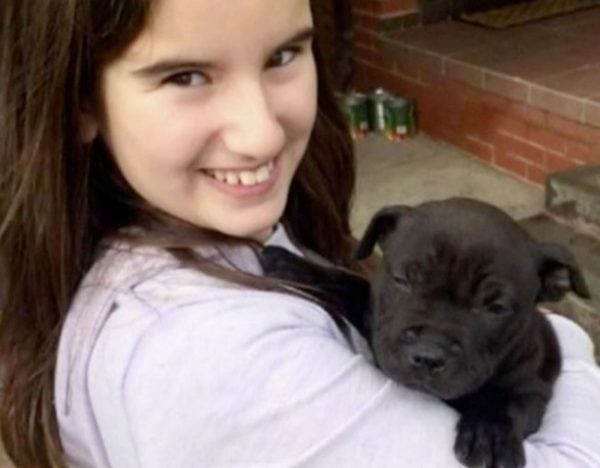
Warning: This article contains information about sexual assault and child abuse and may be distressing for some readers.
On the night of October 24, 2015, 11-year-old Zoe Buttigieg was asleep in her Wangaratta home, north-east of Melbourne, while her mother had four people over for a party.
At 11am the next day, Zoe's mother found her daughter's body, covered by her doona, in her room.
Bowe Maddigan, then aged 30, was later found guilty and sentenced to life in prison, admitting he had entered Zoe's room during the party, coaxed her down from the top bunk, before indecently assaulting and murdering her.

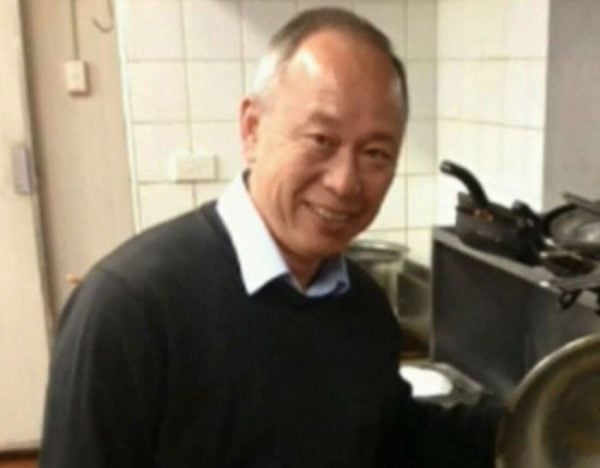
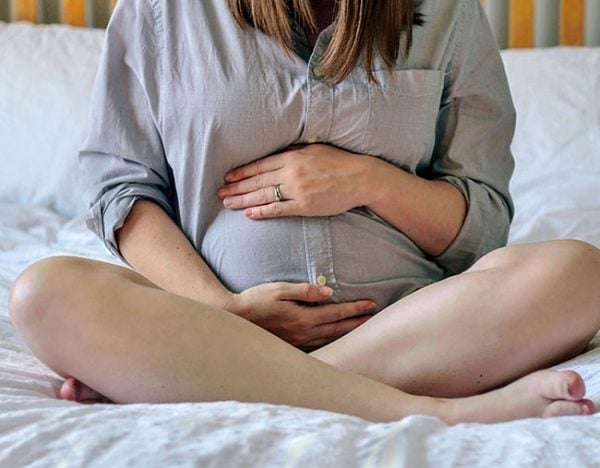


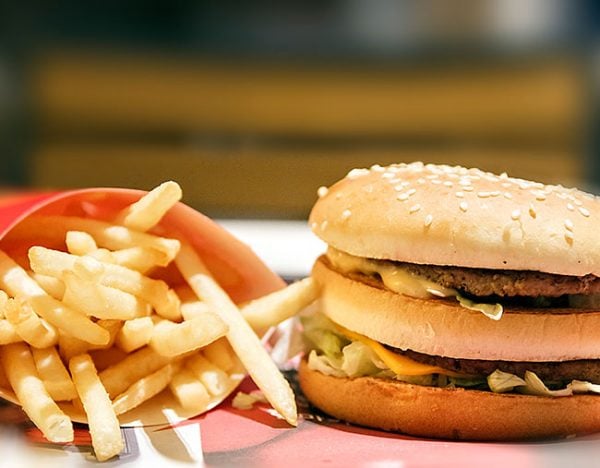
Top Comments
cory bernardi again calls for us to look forward to the 1950s
There is something really not right with him. He is really messed up. And fancy alienating part of your base? A lot of AC including women have or know someone who has served in the army, many of them women whom have served in combat. Is he trying to sabotage his own party, I wonder? What on earth would lead him to say such a ridiculous thing?! Oh well the more conservative women former army personnel who turn against him, the better. Keep making these faux pas Bernardi.
2. ‘The court heard everyone involved in the inquest had been cooperative and the staff involved in Mr Lau's care had accepted they made mistakes.‘
MISTAKES which resulted in the death of a patient. Nice that those involved were cooperative, does this mean that their ‘cooperation’ mitigates any wrongful death charges? Manslaughter charges?
On another note, I note that no coverage of #ReleaseTheMemo, which exposes the corruption of ‘deep state’ whatsoever.
OF course you would have to admit there is in fact an organisation involved in undermining the system in an Hegelian dialectic fashion and not just some crazy conspiracy theorist’s theory.
TURNS out that not all conspiracy theories are crazy. Like when they’re true. And even when it’s not reported.